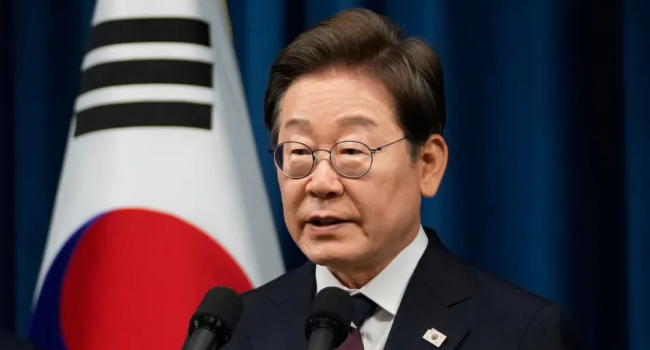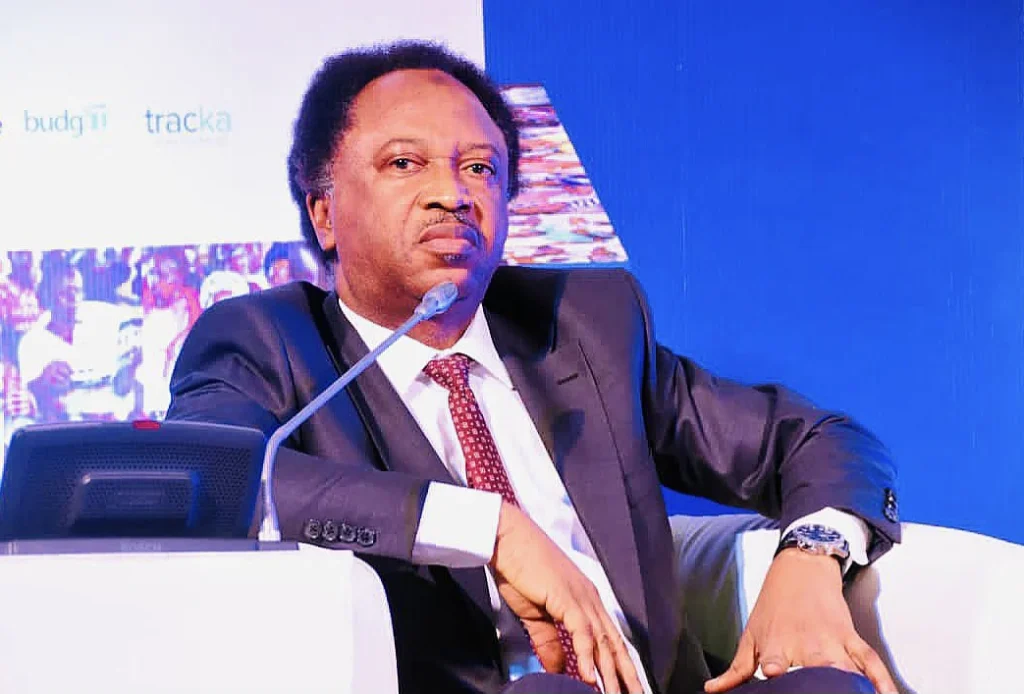The House Committee on Petroleum Resources (Downstream) has announced that it will conduct a thorough review of the implementation of the Petroleum Industry Act (PIA), a matter of great concern to key stakeholders. The committee, chaired by Hon Ikeagwuonu Ugochinyere, made this pledge during its inaugural meeting in Abuja.
In addition to the review of the PIA implementation, the committee will also carry out a comprehensive audit of the subsidy regime for Premium Motor Spirit (PMS), commonly known as petrol. The committee’s legislative agenda includes ensuring energy security, professionalism in the petroleum sector, economic transformation, accountability, institutional reforms, and revenue recovery and generation. One of the specific goals is to help the Federal Government recover $20 billion in revenue from the sector.
Hon Ugochinyere emphasized that the committee recognizes the difficulties faced by Nigerians due to the removal of the subsidy regime, which was plagued by corruption. Consequently, the committee will delve into the details of the PMS subsidy regime, probing beneficiaries of payments, examining loan transactions, pre-export financing arrangements, and other loan arrangements in exchange for crude. The committee will also review the Direct Sales, Direct Purchase process, as well as other aspects of the value chain associated with it.
To ensure the achievement of the committee’s objectives, collaboration with other relevant committees in the petroleum sector will be crucial. These committees include those covering upstream, mainstream, gas, petroleum training fund, and other petroleum-related areas.
The committee will also address the concerns surrounding the PIA, investigating what was done prior to its enactment, the activities taking place after its implementation, as well as the current status and ownership of national assets. The intention of the PIA, including the promotion of energy security and competition in the downstream sector, will be a focal point of the committee’s review.
Hon Ugochinyere expressed concern over the concentration of PMS importation by the Nigerian National Petroleum Corporation (NNPCL), which goes against the objectives of the PIA. The legislation envisioned the involvement of numerous downstream operators in PMS importation, and this aspect will be examined in the review.
Moreover, the committee aims to utilize its legislative powers to address Nigeria’s energy challenges, foster healthy competition within the industry as stipulated by the PIA, create job opportunities, and stabilize the Forex market. By ensuring the effective functioning of the downstream sector, there will be no need to rely heavily on Forex for PMS, thereby reducing Forex market instability.
The issue of domestic crude supply to modular and local refineries has also surfaced recently. The PIA guarantees this provision, yet concerns have emerged concerning the accessibility of domestic crude due to pre-financing and loan arrangements. The committee will investigate and ensure a sufficient supply of domestic crude to achieve energy security.
In addition, the committee will tackle the recommendations outlined in the NEITI report, focusing on the downstream, upstream, and midstream sectors. Key issues include the recovery of over $8.5 billion in unremitted royalties and other oil revenues, as well as discrepancies in the quantity of PMS imported by the NNPCL compared to records maintained by the Nigerian Midstream and Downstream Petroleum Regulatory Authority (NMDPRA).
Hon Ugochinyere expressed confidence in the committee’s members and their ability to fulfill their mandate. He called on stakeholders in the petroleum sector to cooperate and embrace positive changes where necessary. The committee’s objective is to serve the nation with a deep sense of duty, without victimizing or witch-hunting any individual or entity.
The committee commended the leadership of the 10th House of Representatives, led by Rt. Hon. Tajudeen Abass, Ph.D, and Rt. Hon. Benjamin Kalu, for granting them the opportunity to contribute to national development through their appointment to this crucial committee.
Ensuring the recovery of over $20 billion in revenue from the petroleum sector remains a top priority for the committee. Furthermore, the committee will conduct a comprehensive audit of the subsidy regime, which was abolished due to rampant corruption, acknowledging the hardships faced by Nigerians as a result of the subsidy removal.



